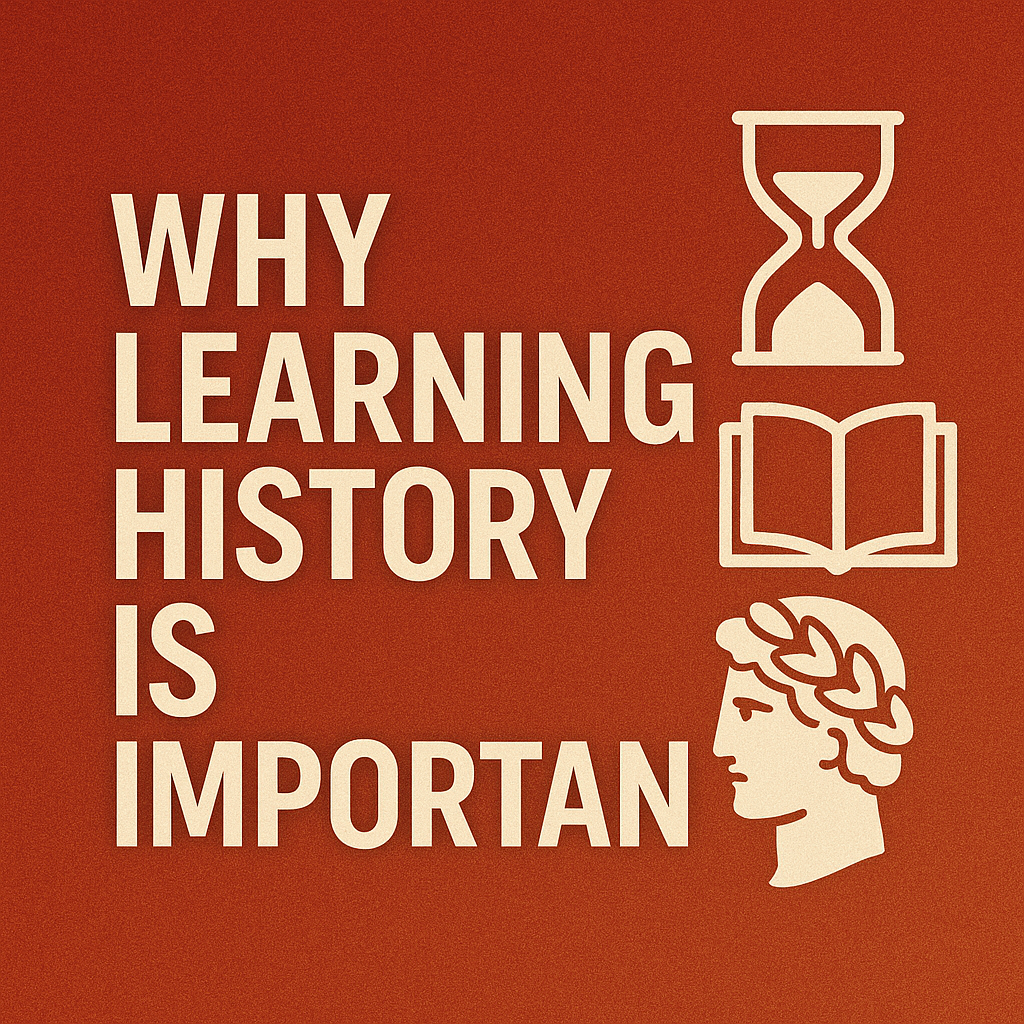Why Learning History is Important: Understanding the Past to Shape the Future
In an era driven by innovation and rapid technological advancement, the relevance of history might seem outdated to some. However, understanding history remains crucial for individuals and societies alike. It provides context to our present, shapes our identity, and equips us with the tools to make informed decisions about the future. This blog explores the reasons why learning history is not only important but essential in the modern world.
Understanding Societal Development
History helps us understand how societies and civilizations evolved. By studying historical events, movements, and cultures, we gain insight into the foundations of modern institutions, laws, and traditions. This knowledge fosters a deeper appreciation for the complexities of human progress and encourages informed civic participation.
Learning from Past Mistakes
One of the most vital functions of history is its role in preventing the repetition of past mistakes. From world wars to economic collapses, studying history allows us to understand the causes and consequences of major events. This awareness helps policymakers, leaders, and citizens make better choices to avoid similar pitfalls.
Fostering Critical Thinking and Analysis
History is not just about memorizing dates and facts. It encourages critical thinking, analysis, and interpretation. Learners examine primary sources, assess differing viewpoints, and understand context. These skills are transferable across disciplines and are essential for navigating the information-rich world we live in today.
Preserving Cultural Identity
A strong sense of history contributes to personal and collective identity. Understanding the stories, struggles, and achievements of those who came before us instills pride and a sense of belonging. It also fosters empathy and respect for other cultures and traditions, promoting social harmony.
Enhancing Global Awareness
In our interconnected world, historical knowledge enhances global awareness and perspective. By studying the histories of different countries and regions, individuals become more informed global citizens. This understanding promotes international cooperation, peacebuilding, and cross-cultural understanding.
Inspiring Change and Progress
History is full of transformative figures and movements that brought about change. Learning about them can inspire new generations to act with courage and vision. From civil rights leaders to inventors and revolutionaries, history offers powerful examples of perseverance and innovation.
Conclusion
Learning history is far more than a scholarly exercise—it’s a vital component of a well-rounded education and a functioning society. It connects us to our roots, sharpens our minds, and prepares us for a better future. In understanding the past, we gain the wisdom to shape a more informed, empathetic, and just world.
History is not just about what happened—it’s about why it matters today and tomorrow.



